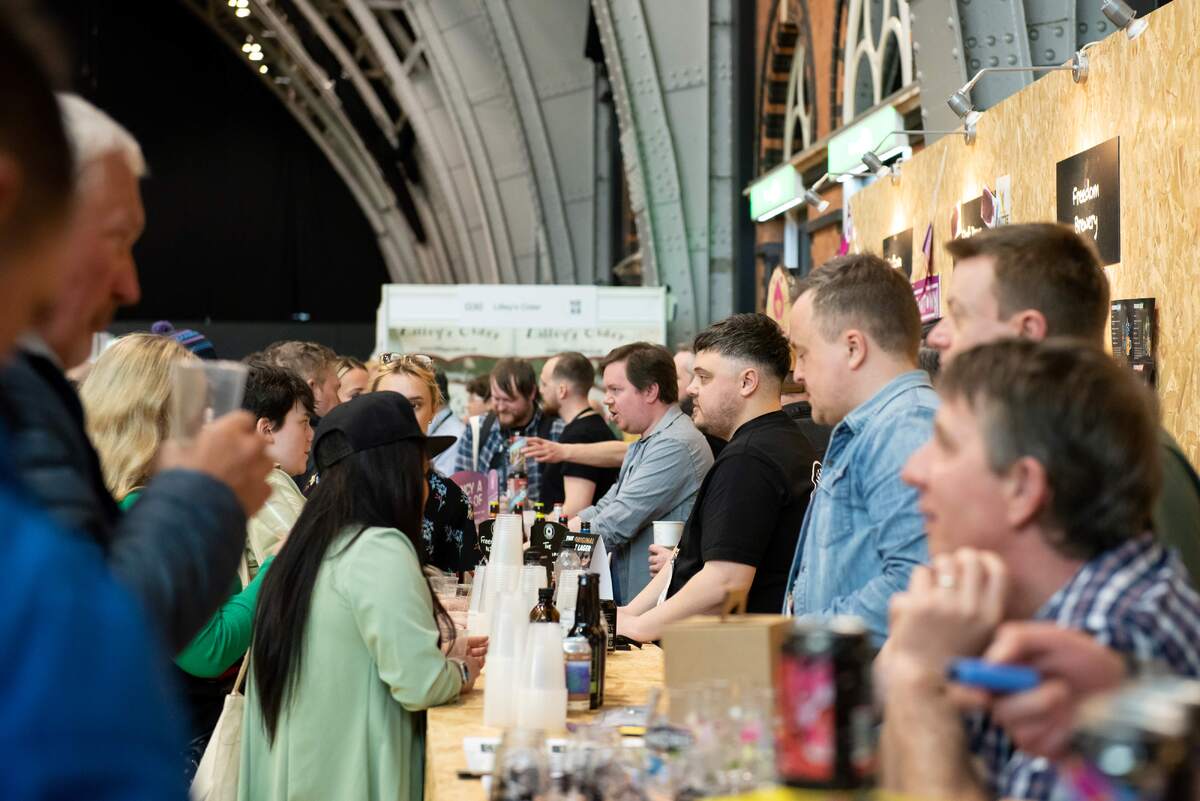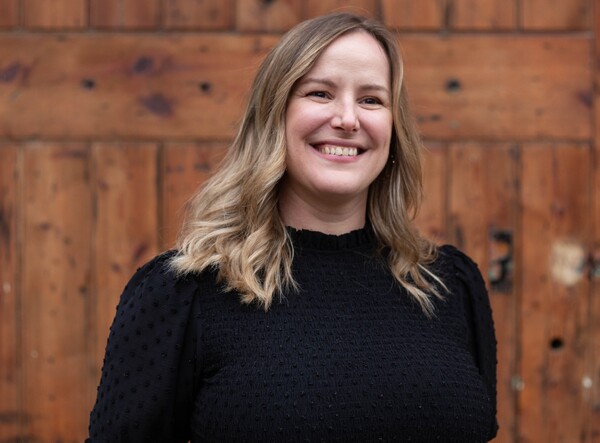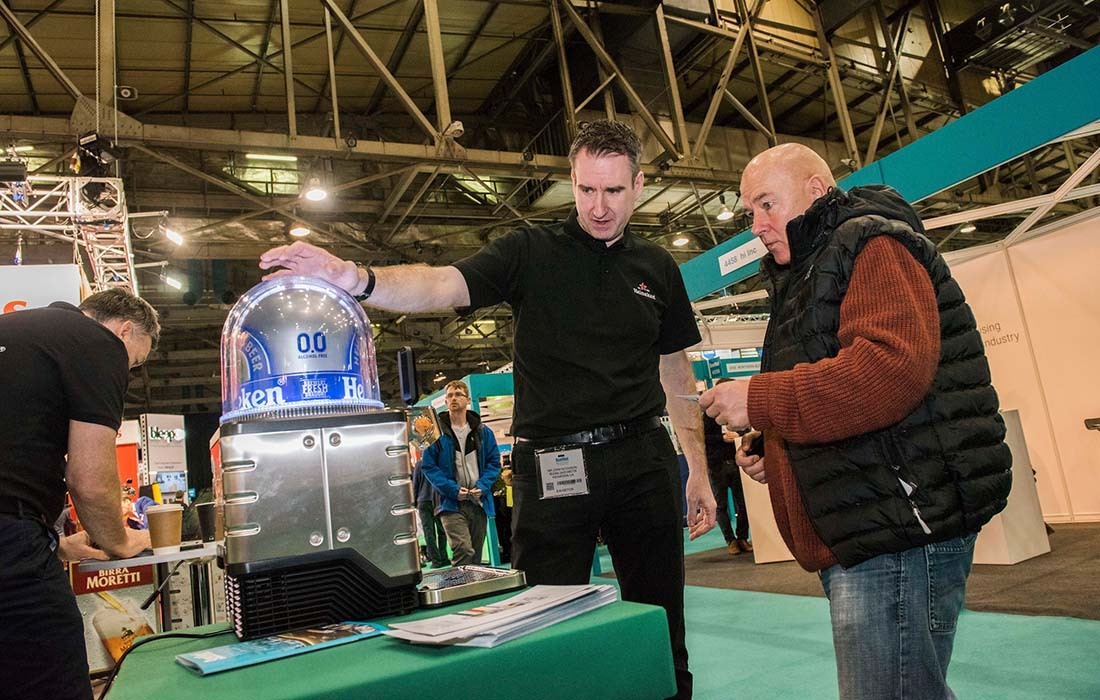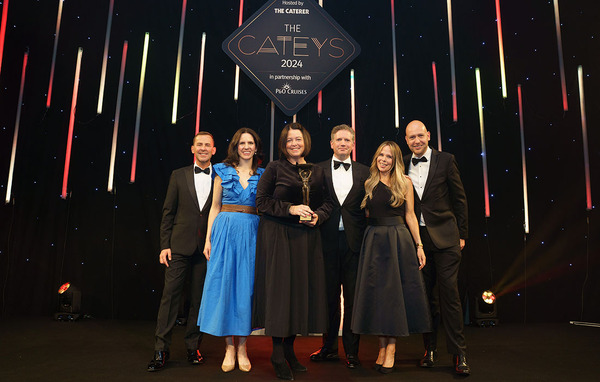Hotels continuing to face the challenge of rising costs
Hotel owners and operators continue to face the challenge of rising costs with profit per room falling 4.3% last month.
Year-on-year declines were recorded across all departments, according to the latest poll of full-service hotels from HotStats.
In addition to a drop in rooms revenue of 1.2%, the 1.3% decline in total revenue at hotels in the UK was due to falling revenues in non-rooms departments, including food and beverage (-2.0%), conference and banqueting (-3.5%) and leisure (-1.7%) on a per available room basis.
The 1.2% decline in revenue per available room (revpar) this month was not only as a result of a 0.2-percentage point year-on-year drop in room occupancy to 80.5%, but UK hotels also suffered an uncharacteristic drop in achieved average room rate, which fell by 0.9% to £115.90.
This is only the second time since October 2016 that a decline in rate has been recorded, as the ability to leverage price has been a mainstay for UK hoteliers on the back of punchy room occupancy levels. The first drop was during the debilitating weather conditions in March 2018.
The declining revenue levels were further hit by rising costs, which this month included a 0.7 percentage point increase in payroll to 27.7% of total revenue, as well as a 0.3 percentage point increase in overheads, which grew to 21.4% of total revenue.
The falling revenue levels and rising costs meant profit per room fell by 4.3% to £55.48 and contributed to the 4% drop in total gross operating profit per available room (goppar) at UK hotels for the year to date.
"As this is only the second time there has been a decline in total revenue per available room (trevpar) in the past 20 months, it is probably more of a blip in performance than a sea change," said Pablo Alonso, chief executive of HotStats.
"However, with the additional six days of school holiday due to the two bank holiday weekends and the May half-term, the UK hotel market was undoubtedly more reliant on the leisure sector this month, which has not performed.
"While both London Heathrow and London Gatwick airports reported handling record passenger numbers in May, it is possible that the poor weather earlier in the year led to there being a higher number of departures than arrivals."
In contrast to the overall performance of hotels across the UK, properties in Leeds (pictured) recorded one of their strongest months of year-on-year growth this month as the city hosted the final stage of the Tour de Yorkshire.
Due to the uplift in demand levels, room occupancy at hotels in Leeds soared by 6.5 percentage points year-on-year to 79.1%, which was complemented by a 1.5% increase in achieved average room rate to £80.59.
The combination of growth in volume and price pushed revpar to £63.74, which is a high in the Leeds market in the five months to May 2018 and well above the year-to-date average of £56.32.
In addition to the growth in rooms revenue, hotels in Leeds were able to drive an increase in non-rooms revenue in May, which included a year-on-year uplift in food and beverage revenue (10.1%), as well as conference and banqueting revenue (13.9%), on a per available room basis. As a result, trevpar at hotels in Leeds increased by 9.8% year-on-year to £109.08.
In addition to the growth in revenue, hotels in Leeds were able to record a 2.8 percentage point reduction in payroll, which fell to 29.8% of total revenue.
The movement in revenue and costs enabled profit per room at hotels in Leeds to surge by 21.4% to £36.62 and provided a more positive profit outlook to what has been a fairly dismal start to the year for hotels in the city.
One year on from the Manchester Arena bombing, hotel performance was subdued. The reduction in demand from the commercial segment in May, which is key to Manchester hoteliers, meant that declines were recorded in both room occupancy (2.8 percentage points) and achieved average room rate (1.4%).
While revpar for hotels in Manchester dropped by 4.6% to £80.71, this represented a peak in performance in this measure for the year to date. Further declines in non-rooms revenues meant that trevpar at hotels in Manchester dropped by 5.2% in May to £124.41.
Alongside the decline in revenue, rising costs meant that hotels in Manchester recorded a 12.7% drop in profit per room in May to £44.56. The decrease this month contributed to the 2% decline in goppar for the year to date.
Heatwave fails to warm hotel profits >>
Long cold winter freezes profit per room at UK hotels >>














